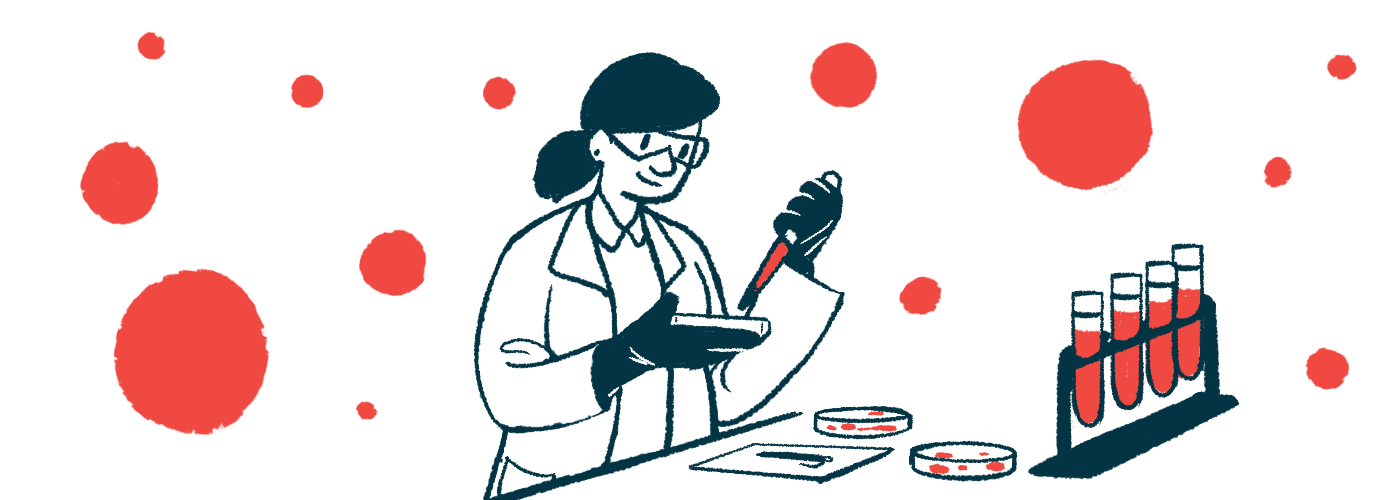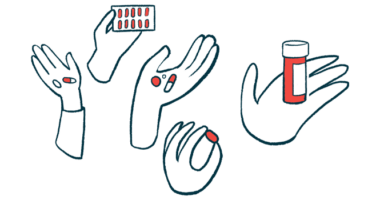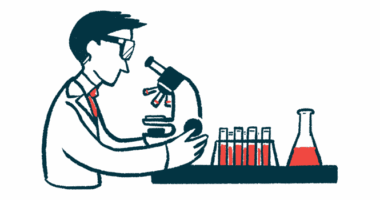PPMD, Duchenne UK Call for Research Proposals for Treatments
The organizations will award up to $1M to two new treatment projects

Parent Project Muscular Dystrophy (PPMD) and Duchenne UK will jointly award up to $1 million to two research projects that seek to develop new treatments for Duchenne muscular dystrophy (DMD), especially those involving cell and gene therapy.
The call for proposals for projects, which are expected to last up to three years, is open to universities, research institutes, and small for-profit companies globally. The deadline for submissions is Dec. 6 and information about applying is available.
The organizations hope the partnership will speed the time it takes to move research from discovery to the clinic, with the overarching aim of producing safer and more effective treatments for DMD, the most common type of muscular dystrophy. Their goal is to have treatment candidates tested on humans in clinical settings in the next three to five years.
The organizations are specifically interested in translational projects that address challenges presented by the first generation of gene therapies, as well as those that focus on cell-based and regenerative treatments.
Duchenne is caused by mutations in the gene that provides instructions for producing dystrophin, a protein that helps shield muscle cells from damage.
“Supporting patients and accelerating innovative research is at the heart of what we do at Duchenne UK and PPMD,” Eric Camino, PhD, PPMD vice president of research and clinical innovation, and Alessandra Gaeta, Duchenne UK’s director of research, said in a joint statement found in a press release. “We are pleased to once again partner with each other and offer this joint call of up to $1 million. The scientific developments in the space of cell and gene therapy continue to grow at a rapid pace. As novel approaches are developed, we want to ensure we are helping shepherd them along the pathway to translation.”
Despite the continued development of gene therapies for DMD, challenges still remain about their effectiveness and safe delivery. Projects involving gene editing — which broadly involves adding, removing, or altering genetic material — are also eligible for funding.
Cell therapies, meanwhile, regenerate damaged muscles by transplanting donated healthy muscle cell precursors. Patients can develop an immune reaction against the donor cells, diminishing their therapeutic effectiveness, however.
The organizations’ 2022 Joint Call is designed to identify innovative gene and cell therapies that address and can overcome these challenges, and have a clear path to clinical study. Regenerative approaches such as those targeting muscle stem cells are also welcome.
The organizations will present an informational webinar for those interested in applying on Nov. 7, 10 a.m. EST and 3 p.m. UK time.
The U.S.-based PPMD works to find a cure for Duchenne. Duchenne UK is the leading DMD charity in the United Kingdom.







